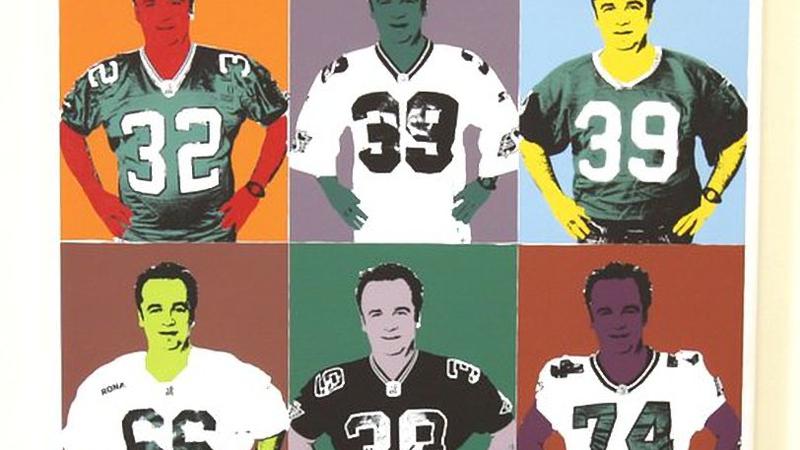
Crunch time in the CFL
If you read this column on a regular basis, then you might recall back in April I thought the CFL would not have a season because of the uncertainty around the Covid-19 virus and all the various moving parts involved with trying to have sports and somehow pay for them with likely no customers.
Since then, I’ve been watching with interest as the CFL fumbled its presentation to Parliament, not talked to the Players Association and this past week either pencilled Winnipeg in as the CFL hub city or not – depending on who you listen to.
South of the border efforts to have a Major League Baseball season may be scrubbed before they begin as outbreaks in Florida which probably reopened too early, resulted in a number of positive tests and forced teams back to their home parks. The NBA is also seeing a number of athletes test positive and some have said they would rather sit out the post season tournament than perhaps risk their health and those of their loved ones to play in front of empty stadiums
When you have a number of jurisdictions, the ability to coordinate all of them to make a pro season work is a feat of logistics that may be beyond the ability of the best event planners. For the CFL, there is a lot at stake if the season doesn’t go ahead, likewise there is a lot at stake if they manage to get one started.


